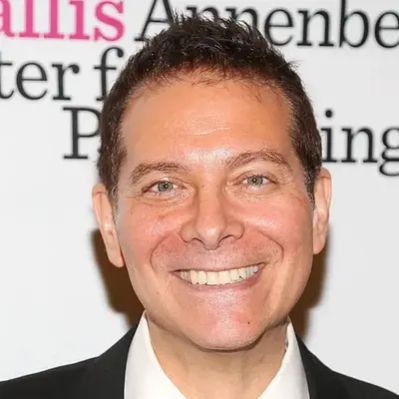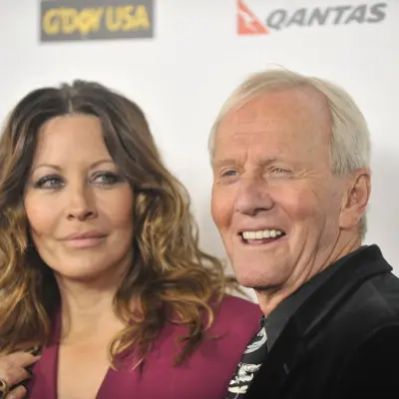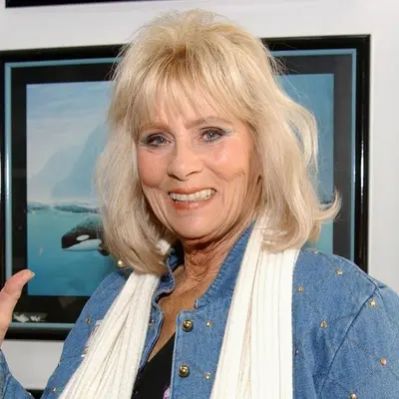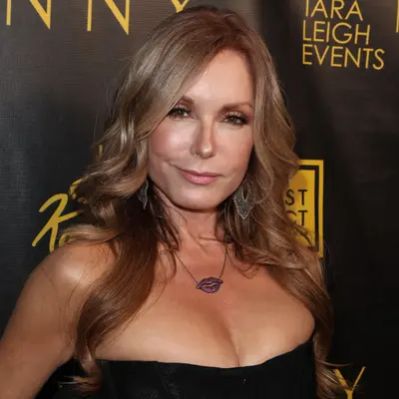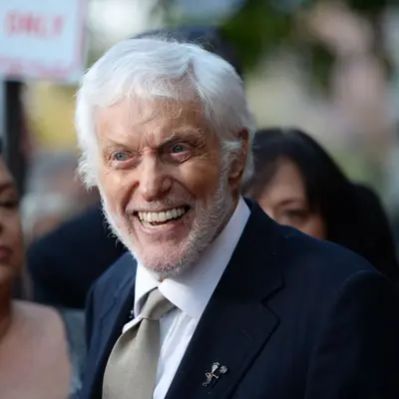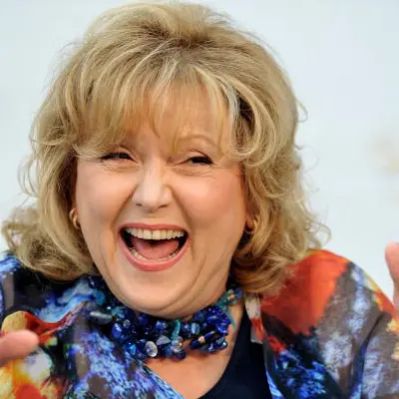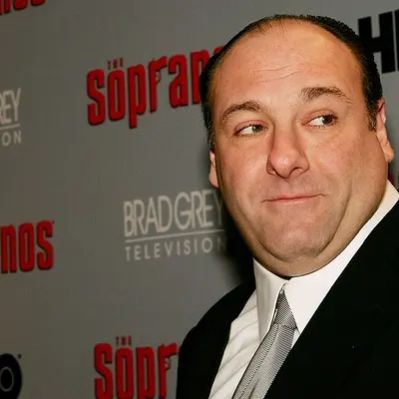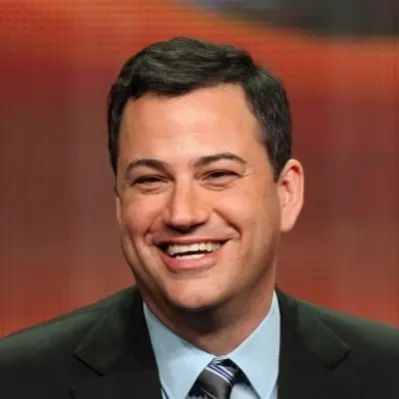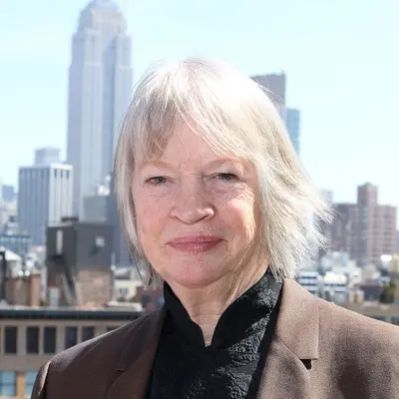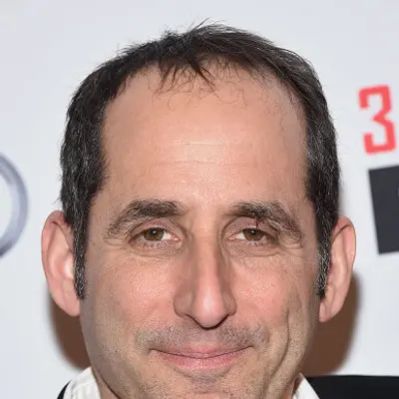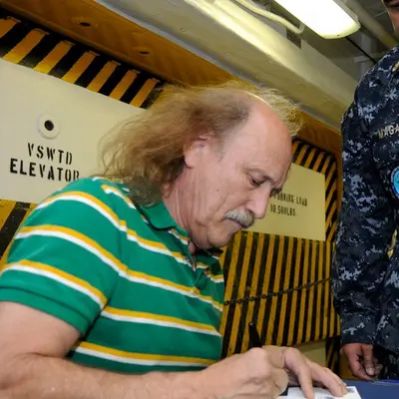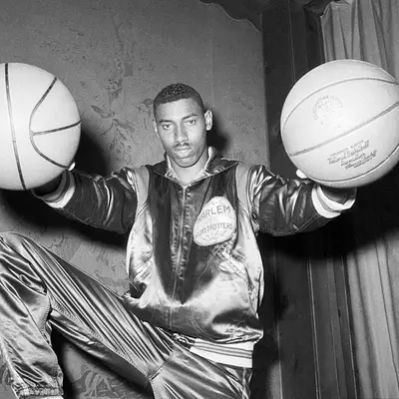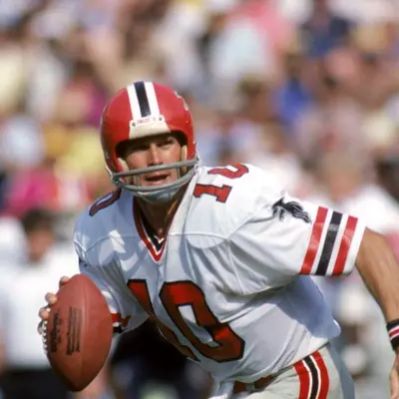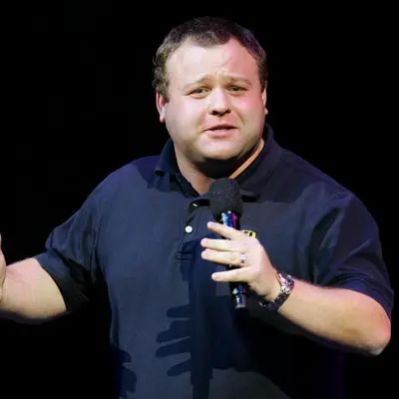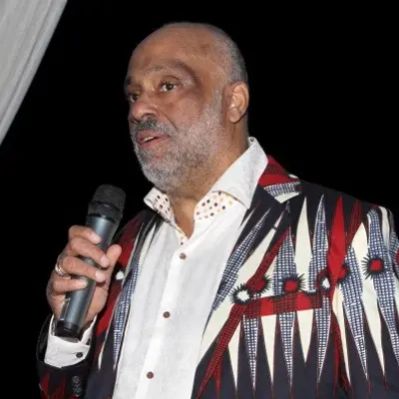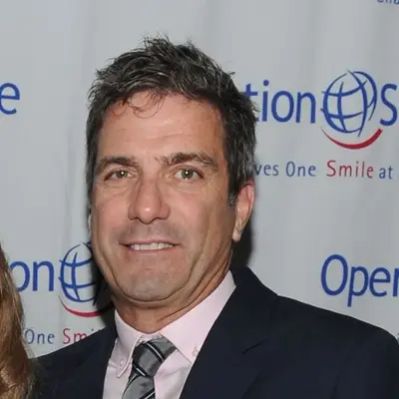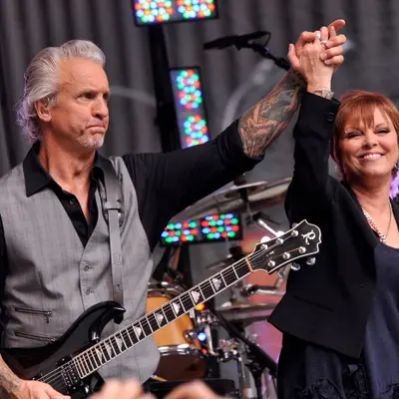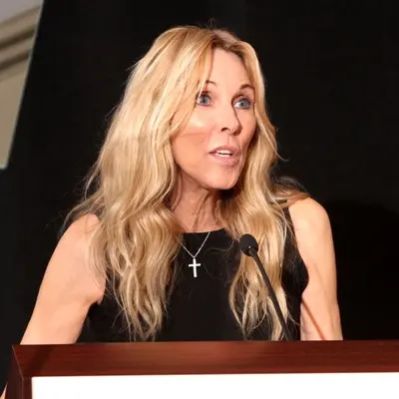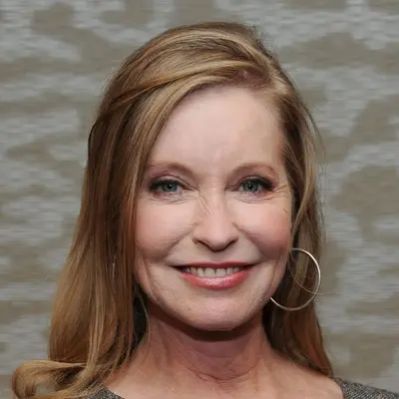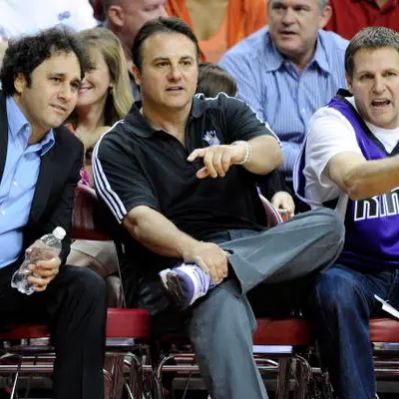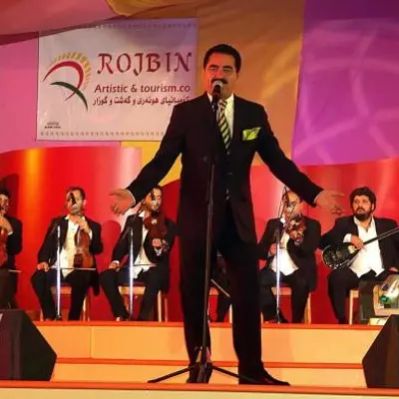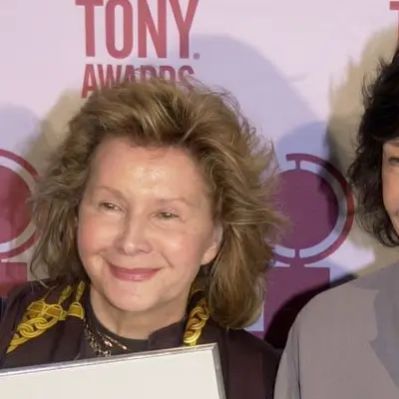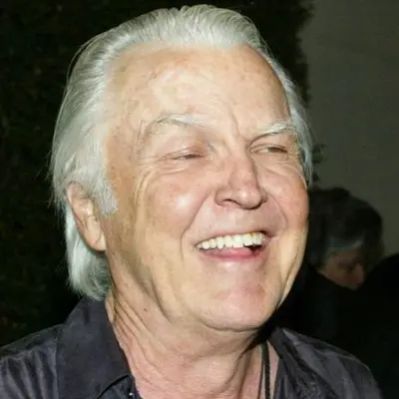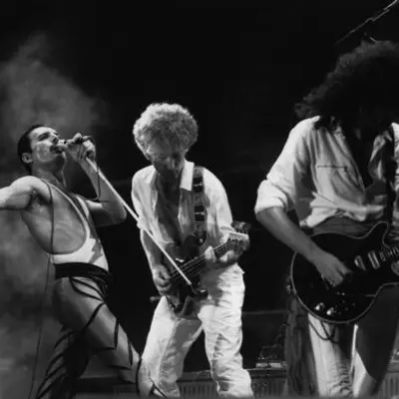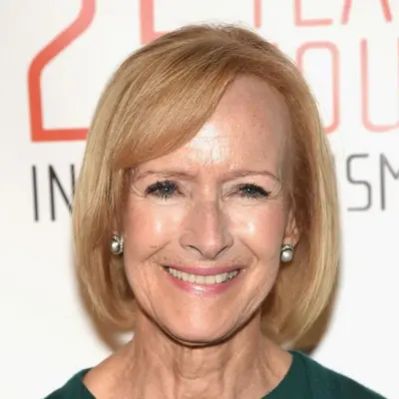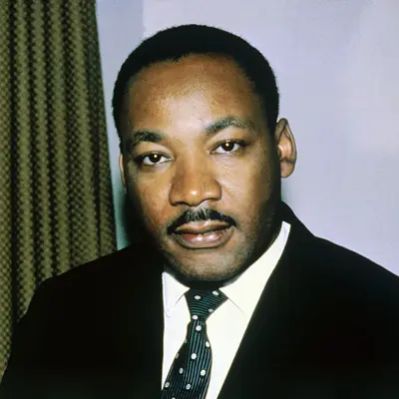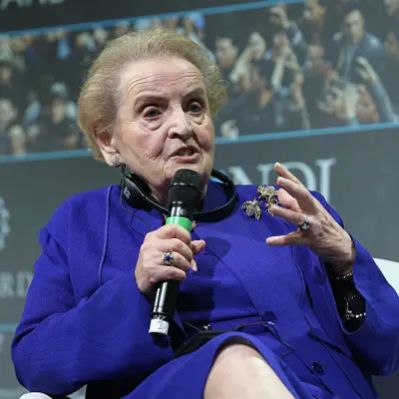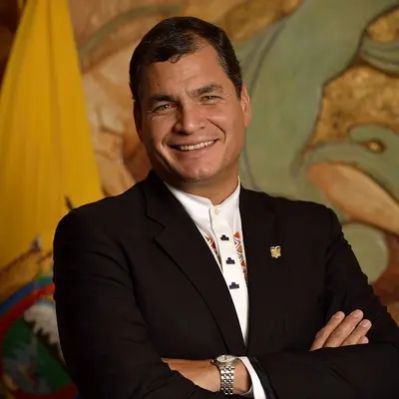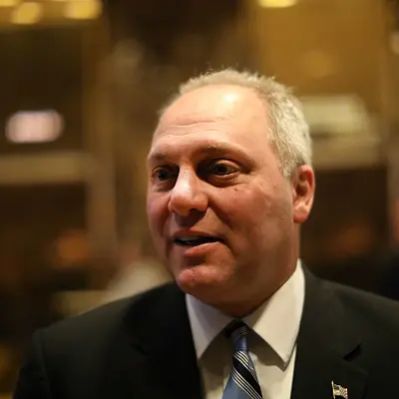What Is Michael Feinstein’s Net Worth?
Michael Feinstein, a celebrated pianist, music archivist, and singer, boasts a net worth of $50 million. This substantial financial standing is the result of a multifaceted career spanning decades, encompassing live performances, recordings, archival work, and strategic real estate investments. Feinstein’s journey began in local bars, progressing to working for Ira Gershwin, and eventually establishing himself as a prominent cabaret singer and influential figure in preserving the Great American Songbook.
Early Career and Rise to Prominence
Feinstein’s musical journey commenced at the age of five when he began studying piano in his hometown of Columbus, Ohio, where he was born on September 7, 1956. He swiftly abandoned traditional sheet music, opting to play by ear. His early career took off in local piano bars, where he honed his skills before moving to Los Angeles at the age of 20. His big break came in 1977 when he started working for Ira Gershwin, cataloging Gershwin’s extensive record collection. This role provided him with steady employment for six years, where he meticulously researched, cataloged, and preserved unpublished sheet music and rare recordings of both Ira and George Gershwin.
In 1983, Feinstein’s expertise led him to consult on the musical aspects of the Broadway show “My One and Only,” further solidifying his reputation. He then transitioned into a career as a cabaret singer. His debut CD, “Pure Gershwin,” released in 1986, featured a collection of Gershwin tunes, showcasing his talent. Following this initial success, Feinstein continued to release a series of recordings, including “Isn’t it Romantic,” “Over There,” and “Forever,” expanding his repertoire and solidifying his place in the music industry.
Recordings, Performances, and Preservation Efforts
Feinstein’s discography includes many albums. In 1986 he recorded his first CD, “Pure Gershwin.” This was followed by a series of albums, including “Live at the Algonquin,” “Remember: Michael Feinstein Sings Irving Berlin,” and “Isn’t It Romantic.” The album “Over There,” released in 1989, featured music from the United States and Europe during World War I. Feinstein also released his album of children’s music, “Pure Imagination,” in 1992. These projects significantly contributed to his income and cemented his status in the music industry.
Beyond recordings, Feinstein has starred in Broadway in-concert shows, including “Michael Feinstein In Concert,” “Michael Feinstein in Concert: Isn’t It Romantic,” and “Michael Feinstein in Concert: Piano and Voice.” These performances have added to his income through ticket sales and merchandise. In the early 1990s, he began a project where he would perform an album of music of a featured composer. These collaborations further enhanced his earnings and influence.
In 2000, he was appointed to the National Recording Preservation Board by the Library of Congress, indicating his commitment to preserving musical heritage. In 2008, he founded the Michael Feinstein Great American Songbook Initiative. In January 2018, the foundation was gifted a lavish $30 million, 107-acre estate that was the former home of real estate mogul Mel Simon. This estate will be turned into a museum and library for the Songbook Initiative. These roles underscore his dedication to safeguarding America’s musical heritage and likely generate additional income through grants, donations, and fundraising efforts.
Collaborations and Nightclub Ventures
In 2009, Feinstein collaborated with Cheyenne Jackson, forming a duo that performed a nightclub act called “The Power of Two.” The act gained popularity, leading to a studio album of the same name. Feinstein has also written the stage scores for the musicals “The Night They Saved Macy’s Parade” and “The Gold Room.” These collaborations expanded his revenue streams and increased his profile.
Since 1999, Feinstein has managed his nightclub, Feinstein’s, at Loews Regency in Manhattan. The club has hosted prominent acts like Liza Minnelli, Glen Campbell, Alan Cumming, and Jason Mraz. Managing this venue has provided a steady income and enhanced his reputation within the entertainment community.
Real Estate Investments
Feinstein’s real estate portfolio has seen significant activity over the years. In 1998, he acquired the “Glendower Estate,” a historic 15,000-square-foot home in Los Feliz, Los Angeles, for $2.1 million. This property once served as the West Coast Russian consulate from 1935 to 1950. Feinstein initially listed the Glendower Estate for sale in April 2018 at $26 million, but after failing to find a buyer at that price, he relisted it in August 2019 for $14.95 million. Ultimately, the home was sold in December 2020 for $7.33 million.
In 2018, Feinstein and his husband, Terrence Flannery, purchased a condo overlooking Central Park South in New York City for $3 million. In 2019, they sold an 18-room New York City townhouse for $15.22 million. Around the same time, they acquired a new home in Pasadena, CA, for $7 million. They also own a 50-acre property outside of Santa Barbara. The couple’s primary residence for much of the year is a townhouse in Carmel, Indiana, where Feinstein serves as artistic director for the city’s Center for Performing Arts. These real estate transactions reflect strategic investments that have contributed to his overall net worth.
Additional Ventures and Roles
In 2012, Feinstein was named the Principal Pops Conductor for the Pasadena POPS, and he made his conducting debut in June 2013. His contract was later extended through 2019. In April 2013, he released “Change of Heart: The Songs of Andre Previn” in collaboration with composer-pianist Andrew Previn. His show “Michael Feinstein at the Rainbow Room” premiered on PBS in 2014. He also released a holiday album, “A Michael Feinstein Christmas,” in 2014. Since 2015, Feinstein has worked as a presenter on Turner Classic Movies. In 2021, he released “Gershwin Country,” another album of Gershwin music. These various roles and projects have likely contributed to his net worth through salaries, royalties, and other forms of compensation.
 Net Worth Ranker
Net Worth Ranker
